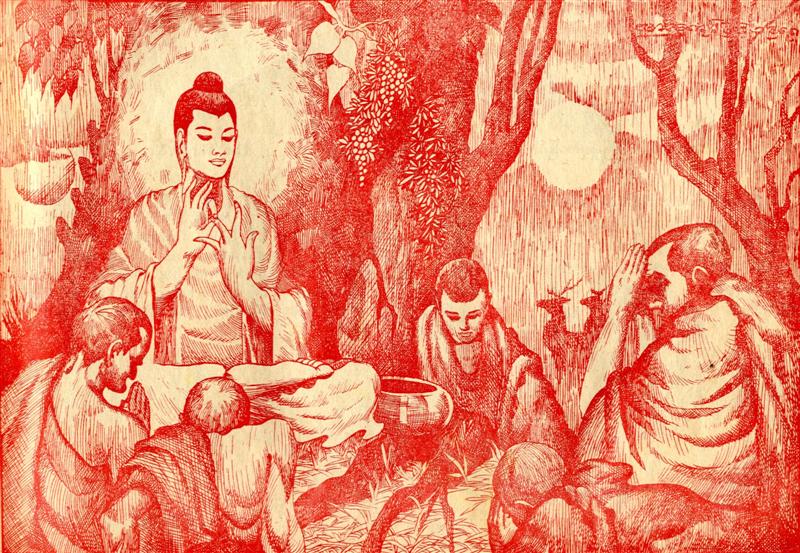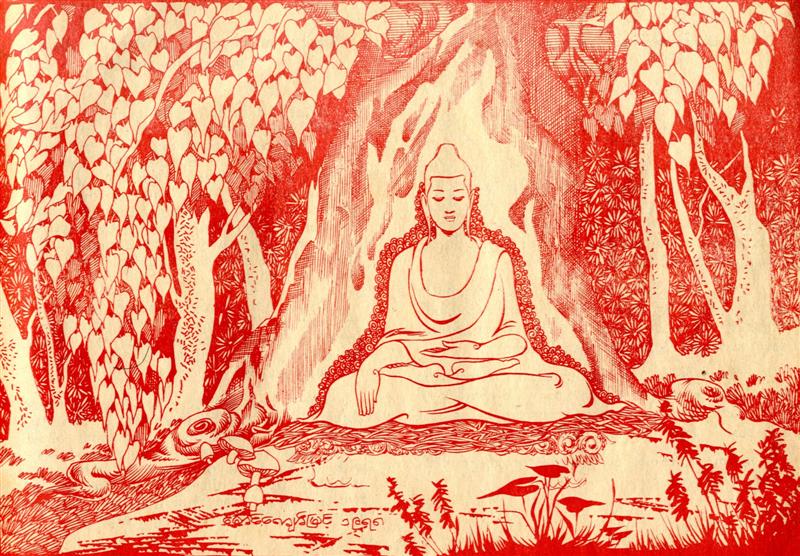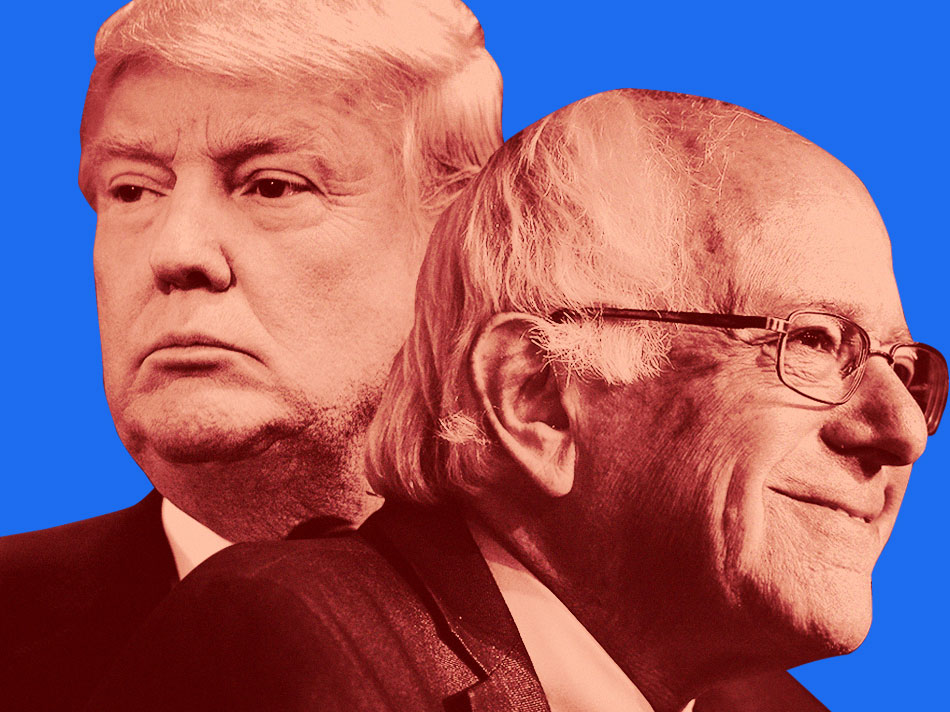Buddhism. It’s a millennia-long religious story that begins at Lumbini, at the foothills of the Himalayas in Nepal, where the historical Buddha, Prince Siddhartha Gautama, was born. There, he lived in comfort, until, the legend tells us, he was motivated to begin his journey to Buddhahood after seeing a white-haired, wrinkled old man dressed in rags, a sick man, a dead man, and finally a wandering mendicant. The Four Sights aroused the young prince’s compassion for the suffering beings of the world but also his curiosity about a life of spiritual liberation.
Several years later after his enlightenment underneath the Bodhi Tree at Bodh Gaya, the Buddha attracted many followers. He set up a monastic order, and then, after some coaxing by his favourite disciple and cousin, Ananda, an order of nuns. Queen Pajapati, his mother’s sister and father’s co-wife, was among the first women to be ordained, having told Ananda of an earlier failed appeal to the Buddha. She tearfully requested Ananda to speak to the Buddha on her behalf, as she and 500 fellow women wished to join the religious community or sangha, as renunciants.
This religion (for Buddhism is a religion and not only a philosophy) then travelled to North and Central Asia, Southeast Asia, and onwards to East Asia. On its journey, the Buddha’s teachings adopted three main manifestations:
- Theravada Buddhism, the form practiced in South and Southeast Asia, characterized by the emphasis on the Pāli canon;
- Mahayana Buddhism, the form practiced in East Asia, characterized by the emphasis of bodhisattva worship and trans-historical sutras like the Lotus, Diamond, Avatamsaka, and Pure Land Sutras; and
- Vajrayana Buddhism, the form practiced in the Himalayas, Tibetan Autonomous Region, and parts of India, characterized by mantra, the guru-disciple relationship—the esoteric or tantric form of Buddhism.
As the Buddha’s teachings, all three vehicles have the ultimate goal of liberating sentient beings from suffering.
As I’m writing, the property tycoon and former reality-show host, Donald Trump, is president of the United States of America, backed by a majority-Republican House of Representatives and Senate, and Republicans dominant in governorships. He became president through a nationalistic and anti-establishment campaign. He is a faux-populist who hypocritically presents himself as a champion of the working class while dabbling in xenophobic, misogynistic, and bigoted discourse.
Conversely, this is also the era of the “Progressive Revolution” of Bernie Sanders (I). In the 2016 primaries, he seized on the mood of the younger generation of voters, who are becoming more politically aware and conscious of America’s problems. They see these problems as part of a systemic and structural paralysis in the country’s governing and economic institutions rather than just issues that could be blamed on the Republicans or Democrats in a partisan manner.
As someone who is heavily inclined towards Mahayana school of Tiantai (Tendai in Japan), I understand how such ugliness is part of our Buddha Nature. Yet, simultaneously, the Buddha’s exhortation for us to cultivate wisdom and compassion means that we must be socially conscious beings who choose causes most suited to our socio-economic status, education level, abilities, and interests.
For me personally, I’ve always felt inclined to support and aid progressive politics. I instinctively feel that it’s immoral that people financially bankrupt themselves paying for much needed medical procedures, or that much needed infrastructure projects go unheeded in favour of the maintenance of overseas military bases in use in aid of wars for natural resources.
From the perspective of the progressive cause, the most egregious wrong is political corruption. Presidential candidate Trump promised to “drain the swamp,” but now that he’s president, he hasn’t done so. On the contrary, he has appointed members of the banking and business establishment—business as usual—into his cabinet. The almost flippantly accepted everyday reality of legalized corruption must go, if America is to regain any form of moral legitimacy. For now, as things stand, I see the US as having major beams in its eye while it chastises the motes in the eyes of other nations.
My perspective isn’t certainly a complete one. However, I believe in compassion and wisdom as my guiding principles in deciding how Buddhism applies to everyday life. In today’s contemporary Western politics, compassion and wisdom compels me to not only support progressive ideas (without being attached to any ideology), but also to discern how the country I currently study and work in, the US, has lost its way.



